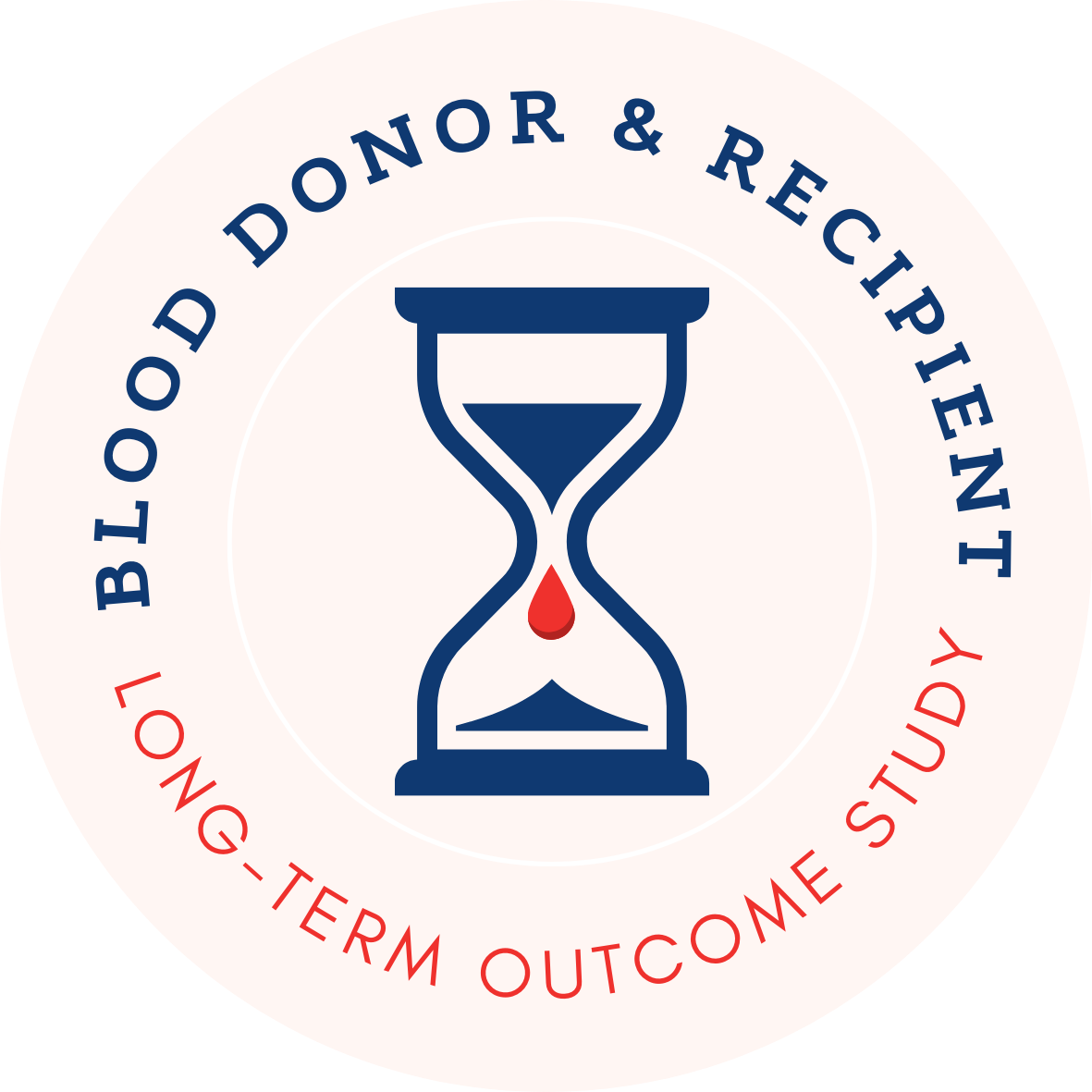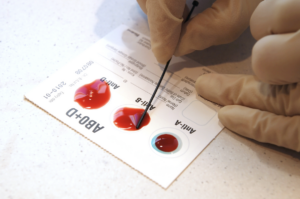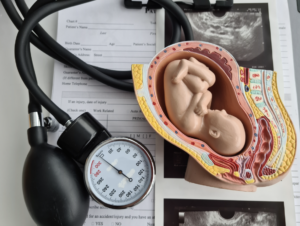Policymakers & International health organisations
The LOS provides policymakers and international health organisations with an invaluable resource for informed decision-making. By offering comprehensive, long-term data on the effects of blood transfusions and donations, LOS enables the development of evidence-based policies and guidelines. This wealth of information allows for a more nuanced understanding of the long-term implications of transfusion practices, helping to shape national blood strategies and international health policies. Policymakers can use this data to allocate resources more effectively, prioritize research areas, and implement regulations that enhance patient safety and improve overall public health outcomes in the field of transfusion medicine.
Rapid response to global health threats
The LOS Registry has the potential to facilitate rapid responses to global health threats. The centralised, digital nature of the registry enables the monitoring of transfusion-related trends and outcomes in different populations. In the event of a pandemic or other health crisis that impacts blood supply or transfusion practices, policy makers can make data-driven decisions. This data analysis can be critical to developing timely and effective strategies for managing blood resources and maintaining public health during emergencies.
Standardisation and international cooperation
LOS promotes the standardisation of data collection and reporting across countries and health systems. This standardisation is particularly valuable for international healthcare organisations as it enables more accurate comparisons of transfusion practices and outcomes across borders. Compliance with EU haemovigilance and GDPR standards enabled the highest data quality and effective data protection. In addition, the collaborative nature of LOS promotes international cooperation in transfusion medicine research and practice and fosters a global community of experts working towards common goals in patient safety and quality of care.
Long-term planning and optimisation of healthcare systems
The 30-year longitudinal data provided by LOS offers policy makers and healthcare organisations an unprecedented opportunity for long-term healthcare planning. By understanding the long-term impact of transfusion practices, policymakers can anticipate future health needs and challenges related to blood transfusion and donation. This foresight enables more effective resource allocation, workforce planning and optimisation of the healthcare system. In addition, the knowledge gained from LOS can inform the development of prevention strategies and measures, which could reduce the long-term burden of transfusion-related complications on healthcare systems.R

- Long-term data for evidence-based guidelines
- Promotes data consistency and international cooperation
- Aids in long-term healthcare resource allocation
- Supports digital transformation of the healthcare sector
How to participate?
Policy makers and international healthcare organisations are invited to contact us to learn more about participating in the LOS Registry. With our extensive experience in integrating digital tools in various areas of healthcare, we offer valuable expertise to support the digital transformation of transfusion medicine. As a national partner, we can support ministries, authorities and clinics in the implementation and management of the LOS Registry to ensure a smooth transition and maximise the benefits of this initiative. Contact us to discuss how we can work together to increase patient safety, improve public health outcomes and advance transfusion practice worldwide.
Registry Study for Research of Blood Donor and Recipient Long-Term Outcomes
The latest news, articles, and resources on transfusion medicine – follow our deputy study director, Dr Jan Kloka, on LinkedIn.
Address
Universitätsklinikum
Frankfurt am Main
KAIS – Haus 13a
Theodor-Stern-Kai 7
60596 Frankfurt am Main
Contact
© Copyright 2024 by transfusionregistry.org








